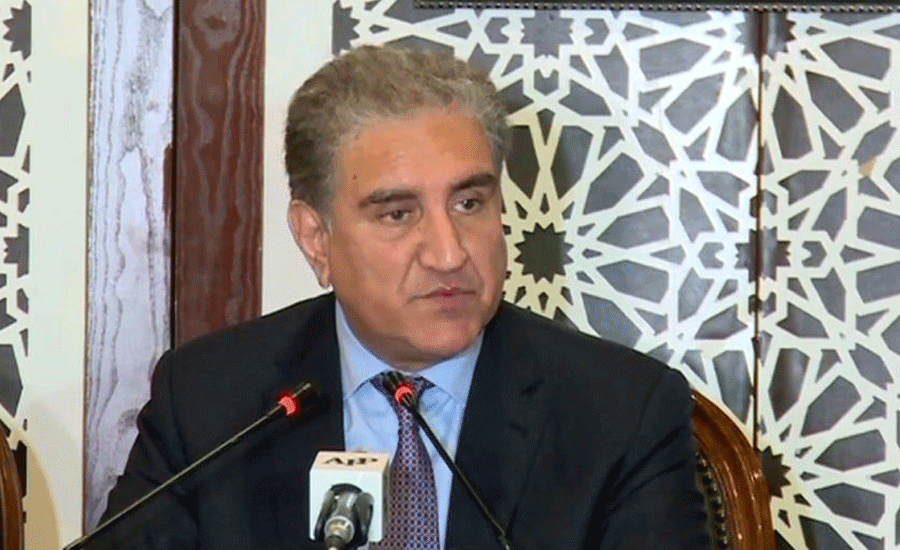Islamabad (Web Desk): Foreign Minister Shah Mahmood Qureshi on Wednesday said that Pakistan's re-election to the UN Human Rights Council (UNHRC) as an important diplomatic achievement.
In a statement, he said Pakistan was supported by every region in its election to the UNHRC. He said influential and important countries also backed Pakistan.
The foreign minister said this vote also shows Pakistan's performance in the human rights council over the last three years. He said the world today is recognizing Pakistan's role, the Radio Pakistan reported.
Shah Mahmood Qureshi said human rights violations has increased in Indian Illegally Occupied Jammu and Kashmir (IIOJK) and becoming part of the human rights council at this critical time is a big achievement.
Pakistan's re-election to UNHRC an important diplomatic achievement: FM Qureshi
Our re-election is a manifestation of the international community’s confidence and trust in Pakistan’s commitment to a progressive national & global human rights agenda. Pakistan Zindabad ???????? @PakistanPR_UN @PakUNGeneva #PakWinsHRC https://t.co/tWmjiKB6f5
— Shah Mahmood Qureshi (@SMQureshiPTI) October 13, 2020
On Tuesday, Pakistan was re-elected to the United Nations Human Rights Council (UNHRC) with an overwhelming majority, securing 169 votes in the 193-member UN General Assembly (UNGA).
As per the details, among the five candidates from the Asia-Pacific region vying for four seats, Pakistan secured the highest number of votes.
Pakistan is currently serving on the Human Rights Council since January 2018. With its re-election, Pakistan will continue as a member of the Council for another three-year term, commencing on 1st January next year.
This is the fifth time Pakistan has been elected to the Council — the first success came in 2006 when the Council was created by the UN General Assembly.
The HRC is an inter-governmental body based in Geneva, and responsible for promotion and protection of all human rights around the globe.
The Council’s membership is based on equitable geographical distribution and seats are distributed as follows: 13 seats for African States, 13 seats for Asia Pacific States, 8 seats for Latin American and Caribbean States, 7 seats for Western European and other States, and 6 seats for Eastern European States.


